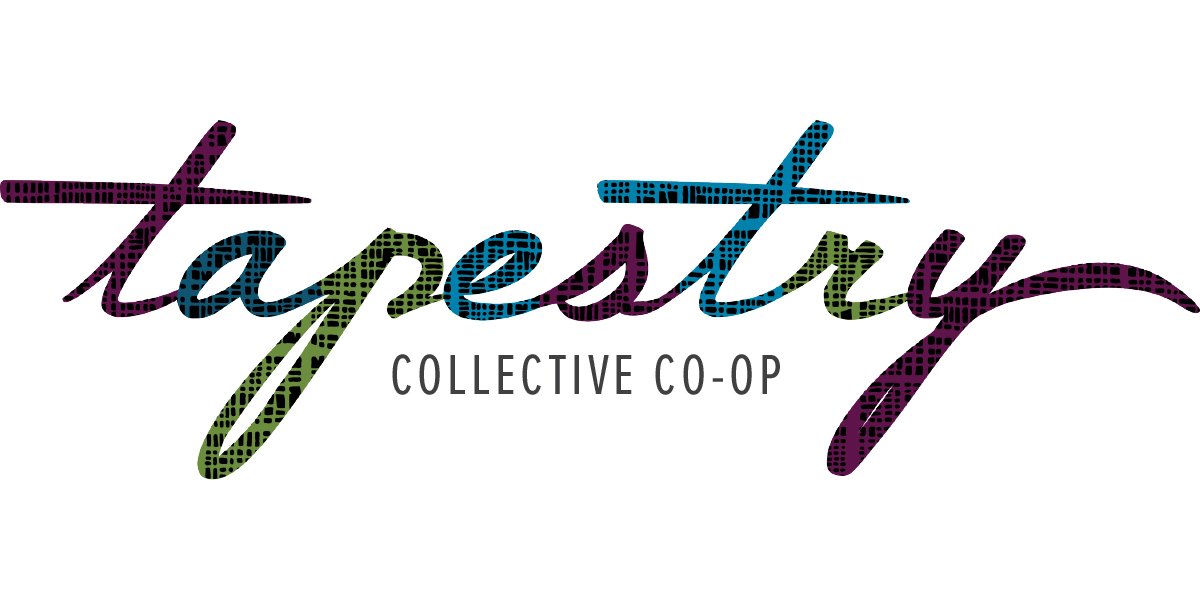Strategic Planning and Theory of Change
The best planning can be done when we understand how and why we expect change to occur. Theory of change and strategic planning help us get an explicit understanding of the work we do and the outcomes we want to see. A theory of change or plan can be done for an individual project or program, or for an organization as a whole. Our strategic planning processes are grounded in the everyday work of an organization, while also pushing into ambitious goals and visions for what they want to achieve. We aim to help through:
Clarifying language used to describe activities and their expected outcomes;
Getting a better understanding of how and why activities lead to expected results; and
Exploring the best way to describe these relationships in order to encourage shared understanding among program staff and stakeholders.
Action Research and Project Development
Tapestry collaborates with non-profits, academia, municipalities, and community organizations to instigate and lead initiatives. We explore and implement solutions to society's most pressing issues, including alternative economic systems, reviving the commons, food security and resilience, and housing as a human right. Our systems change projects have included needs assessments, case studies, and policy analysis and recommendations. We bring skills to this work such as project conceptualization, fundraising/grant writing, community-building, engaging partners, implementing communications strategies, facilitating opportunities for sector based knowledge sharing, and management/reporting.
Facilitation and Community Convening
The Tapestry team holds significant experience in online and in-person facilitation. We regularly host sessions across a wide range of participants and meeting purposes, including industry consultations, collaborative working groups, online university courses, and interactive workshops. We also provide mentorship and support to new and emerging facilitators.We approach facilitation with the aim of achieving accessibility and inclusivity. We frequently use liberating structures and other frameworks that invite authentic conversation and democratic participation.
We regularly evaluate collaborative processes, which has given us deep insight into what is most effective in terms of how best to engage public and stakeholders and how to meet the desired outcome of that engagement.
Facilitation support includes:
Working with you and your team to understand the purpose of the meeting or process that requires facilitation and design a method that best meets those needs;
Working with staff or partners to communicate effectively with all participants to ensure meeting objectives are achieved; and
A dynamic and enthusiastic voice to guide meetings.
Evaluation and Strategic Learning
Our team brings two decades of experience with implementing evaluation, in a variety of contexts and sectors. We approach evaluation with the assumption that your learning and decision making is the priority, while also ensuring that you have the evidence you need to clearly communicate with funders and stakeholders.
Arts-based engagement
Arts-based engagement creates a shared understanding by bringing people together through an generative process to connect and learn in a shared time, reflect on an experience, place and space, as well as proposing future directions or feedback. Arts-based engagement can communicate not only ideas, but the emotions/significance behind the ideas in a way the written text, surveys, or other methods of engagement do not. Arts-based methods invite participants into reflection and dialogue and include a debrief portion that is similar to a focus group.
Courses and Capacity Building
At Tapestry, we are passionate about using participatory approaches, and working with and alongside our clients, not just for them. Through our sister organization Weaving the Future, we also offer courses for individuals and teams to build skills, resources and capacity for making ambitious changes in their community.






